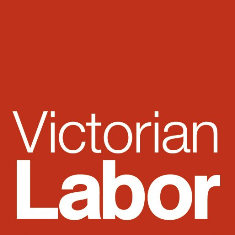Electorate Office
Shop 11, Aquagardens Shopping Centre
28A Hume Drive
Sydenham VIC 3037
Natalie Hutchins acknowledges the traditional custodians of country throughout Australia and recognises their continuing connection
to land, waters and community. She pays her respects to them and their cultures; and to Elders both past and present.
© Authorised by Natalie Hutchins, Shop 11, Aquagardens Shopping Centre 28A Hume Drive Sydenham VIC 3037




